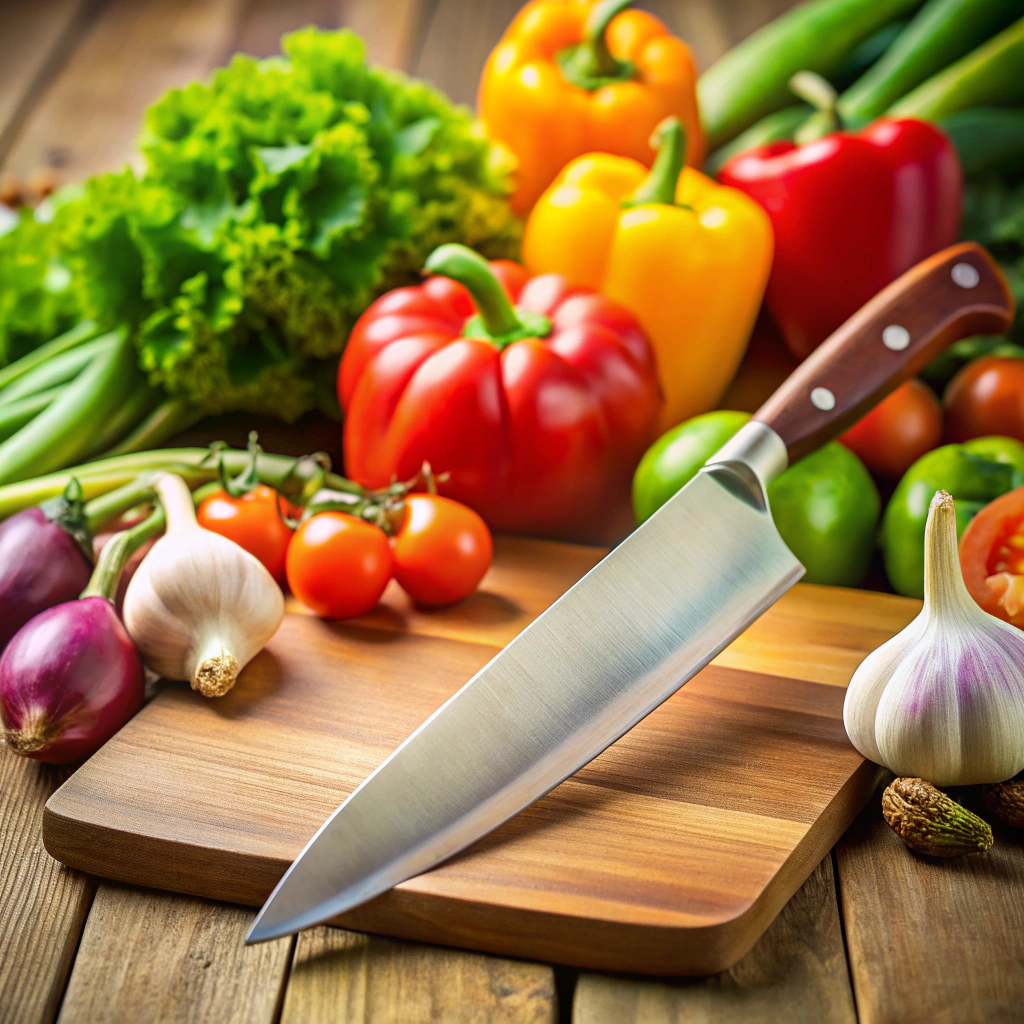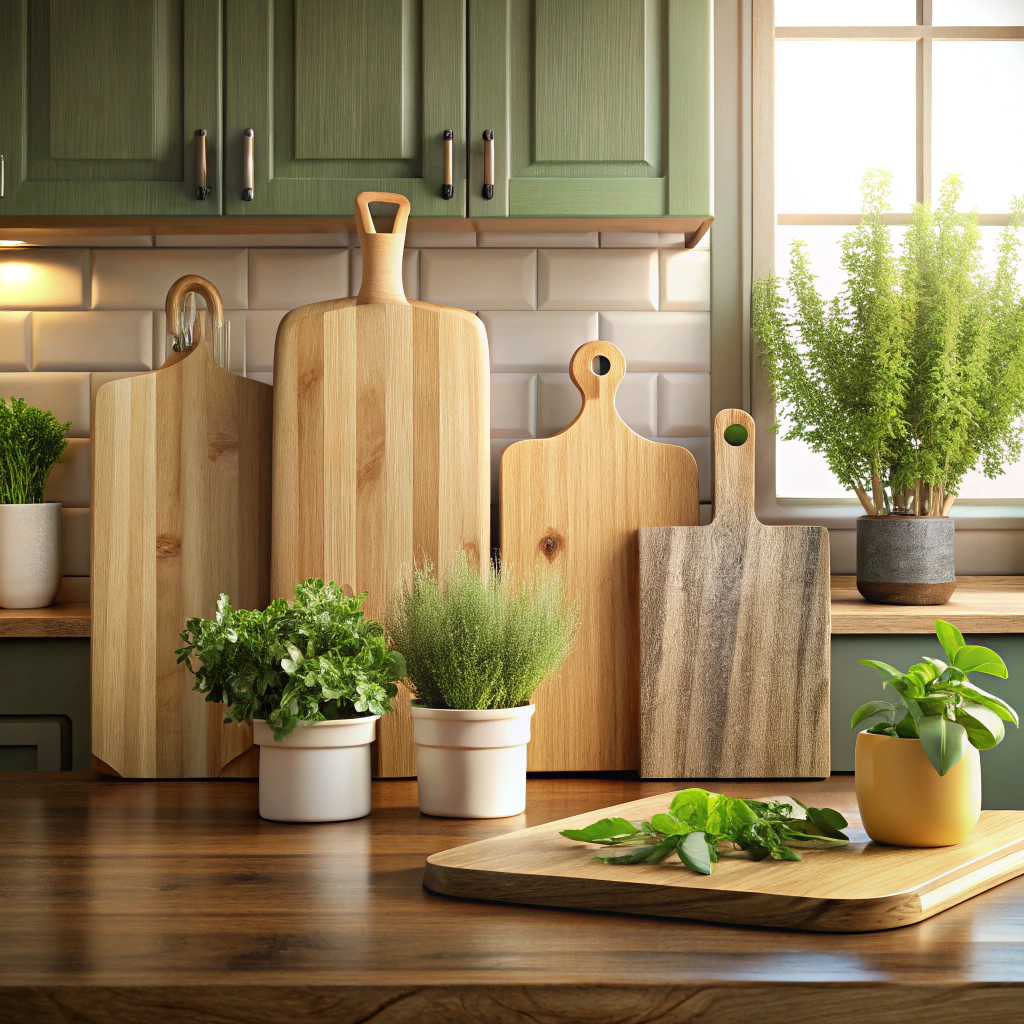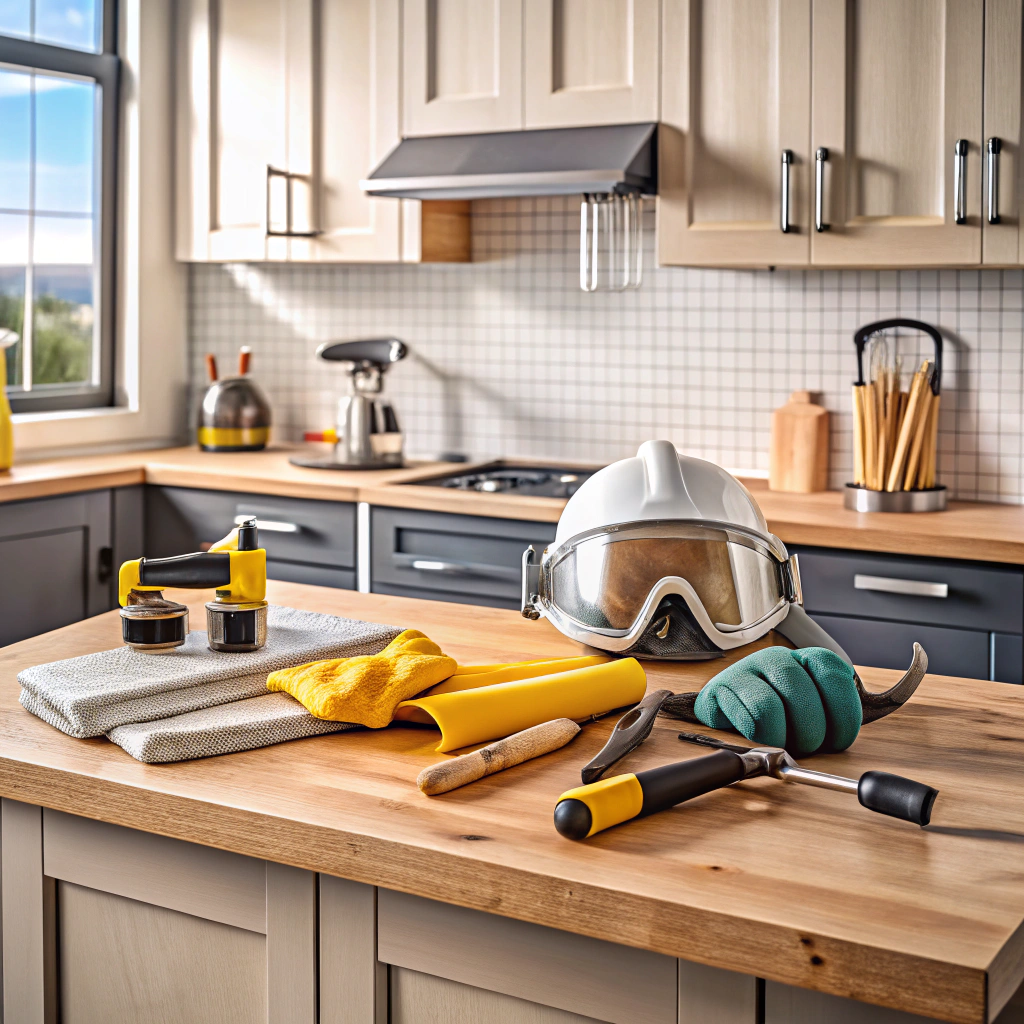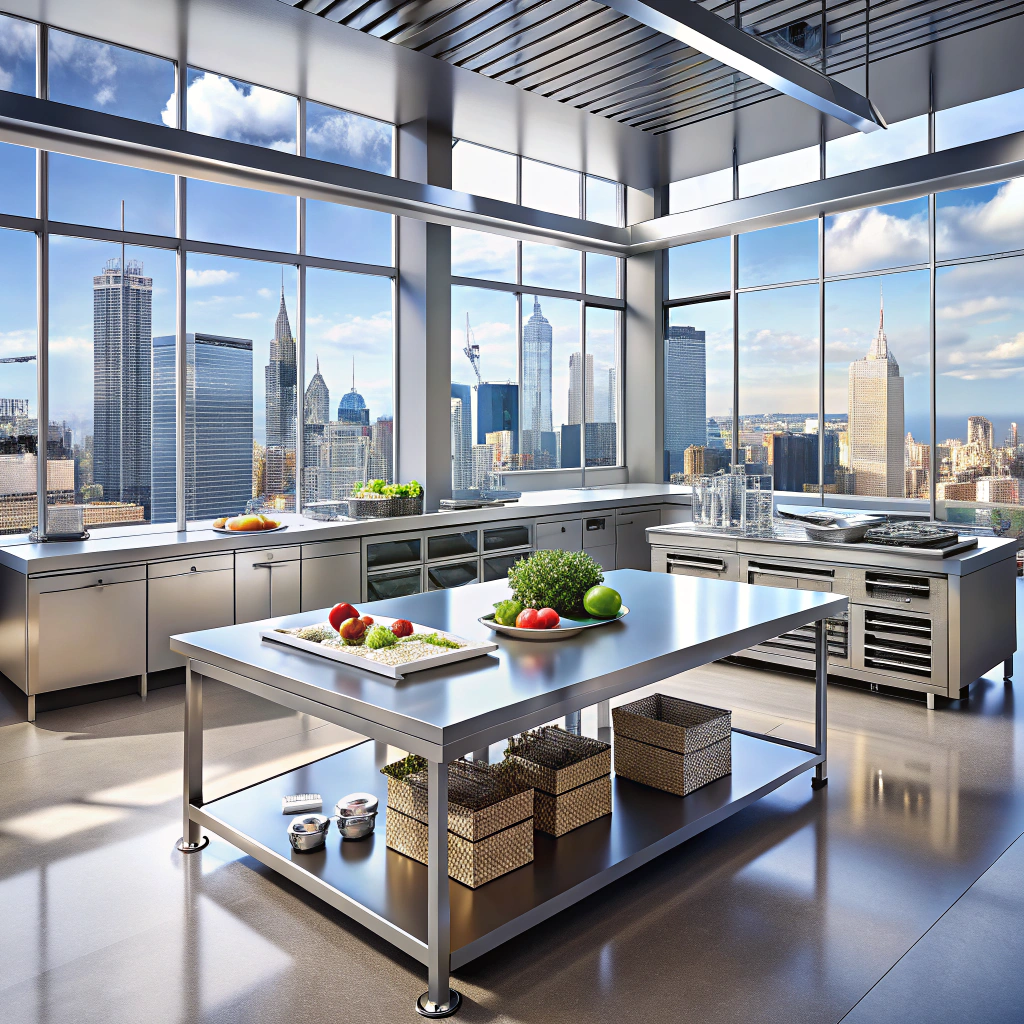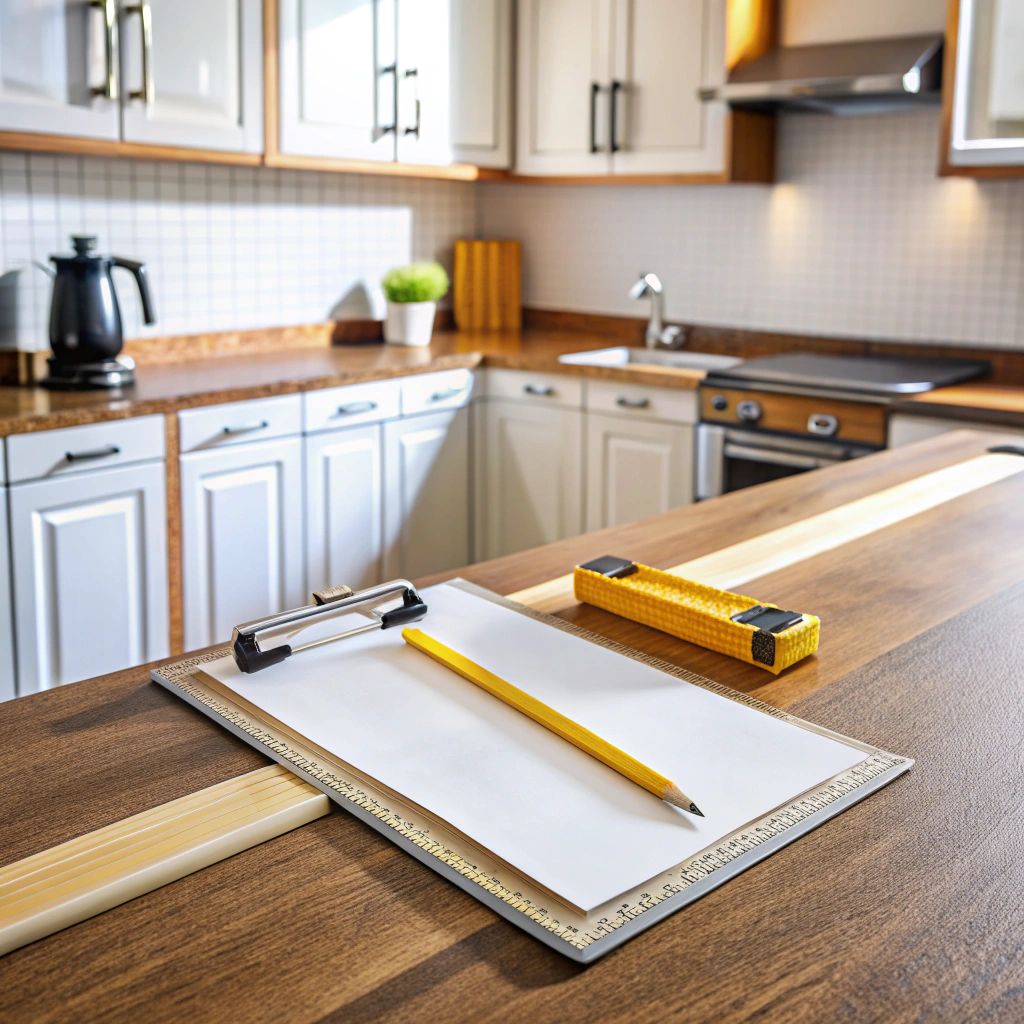Last updated on
Discover the importance of certification for cleaning kitchen hoods and how it impacts your safety and compliance with industry standards.
If you’re a restaurant owner or manager, keeping your kitchen clean and safe is a top priority. One of the most important parts of any commercial kitchen is the hood system, which helps to remove smoke, grease, and other harmful particles from the air.
But when it comes to cleaning these systems, many people wonder if they need to be certified. In this article, we’ll explore whether or not certification is necessary for cleaning kitchen hoods and discuss some important considerations for maintaining a safe and healthy kitchen environment.
So let’s dive in!
What's Inside
Importance of Clean Kitchen Hoods
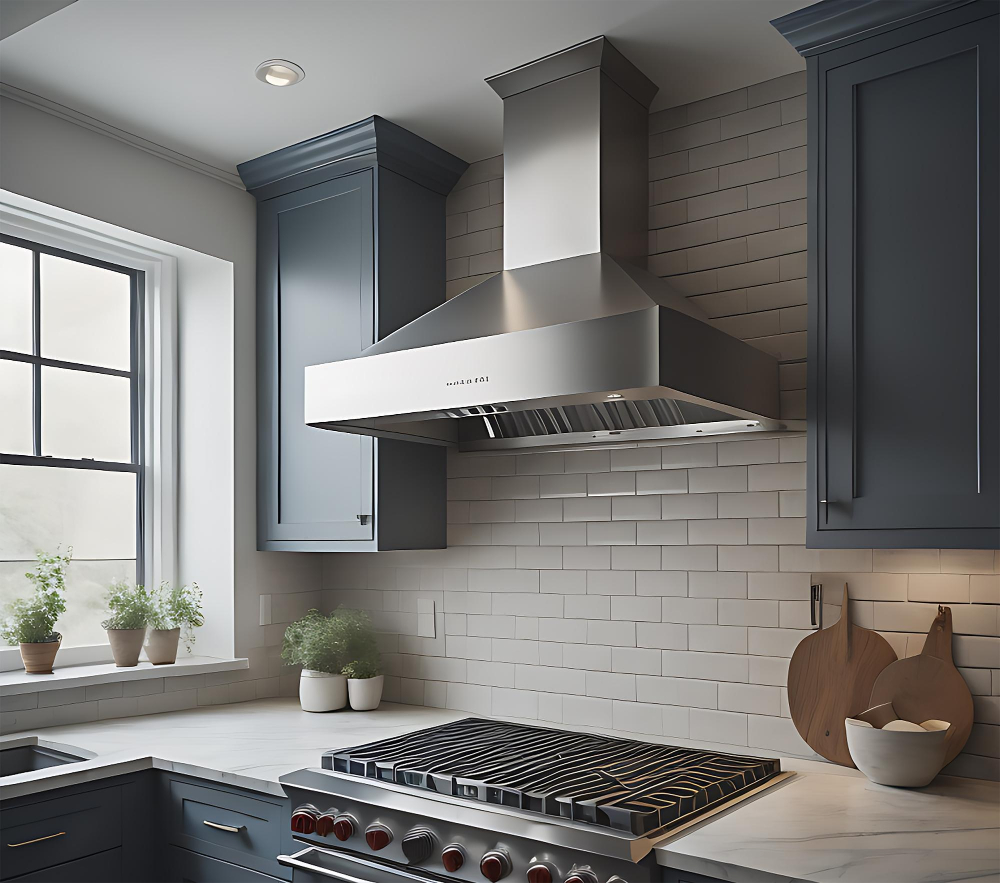
These systems are designed to remove smoke, grease, and other harmful particles from the air in your commercial kitchen. Over time, however, these particles can build up inside the hood and ductwork system if not cleaned regularly.
This buildup can lead to a number of problems including increased fire risk due to grease accumulation as well as decreased efficiency in removing smoke and fumes from your cooking area.
In addition to safety concerns, there are also health considerations when it comes to dirty kitchen hoods. The buildup of grease and other contaminants can create an environment for bacteria growth which could potentially contaminate food being prepared in the kitchen.
Regular cleaning is essential for maintaining a safe and healthy environment for both employees working in the space as well as customers dining at your establishment.
Kitchen Hood Cleaning Certifications
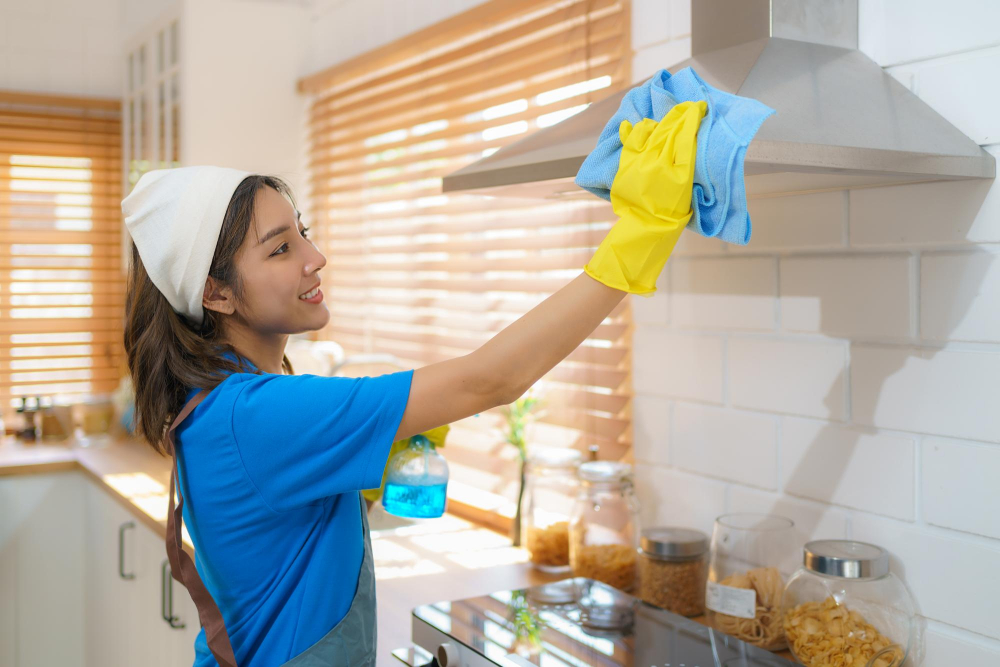
These certifications demonstrate that a professional has the necessary skills, knowledge, and training to clean your kitchen hoods effectively. There are several certification bodies in the United States, including the International Kitchen Exhaust Cleaning Association (IKECA) and the National Fire Protection Association (NFPA).
Both organizations offer certification programs for individuals who want to become certified hood cleaners.
Certification programs typically involve both classroom instruction and hands-on training. Participants learn about industry standards, safety protocols, equipment usage techniques as well as how to properly clean different types of hoods using various methods such as pressure washing or steam cleaning.
By hiring a certified cleaner you can be confident that they have undergone rigorous training on how best to maintain cleanliness in commercial kitchens while adhering strictly with safety regulations set by local authorities. In addition to this peace of mind knowing you’re working with professionals who take their job seriously; there may also be legal implications if an uncertified cleaner causes damage or injury during their work on your premises.
Certification Bodies and Industry Standards
These organizations provide training, testing, and certification programs to ensure that cleaners have the necessary skills and knowledge to perform their jobs safely and effectively.
The most widely recognized certification body for kitchen hood cleaning is the International Kitchen Exhaust Cleaning Association (IKECA). IKECA offers a comprehensive training program that covers all aspects of kitchen exhaust system cleaning, including safety procedures, equipment usage, chemical handling, fire prevention techniques as well as compliance with local codes.
Other notable certification bodies include the National Air Duct Cleaners Association (NADCA) which provides certifications for air duct cleaners who also clean hoods. The Occupational Safety and Health Administration (OSHA) sets guidelines on how often commercial kitchens should be cleaned by certified professionals.
Reasons for Certification
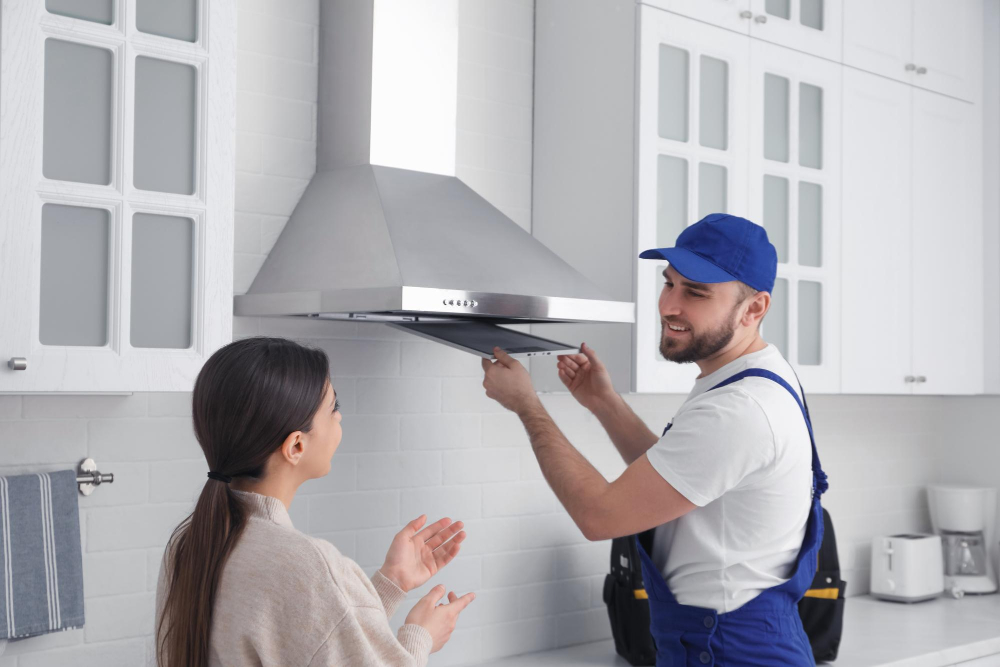
Firstly, certification ensures that the cleaner has undergone rigorous training and possesses the necessary skills to clean your kitchen hood effectively. This means that they will be able to remove all grease buildup from your system, reducing fire hazards and improving air quality in your restaurant.
Secondly, hiring a certified cleaner helps you comply with industry standards set by organizations such as the National Fire Protection Association (NFPA) or International Kitchen Exhaust Cleaning Association (IKECA). These standards require regular cleaning of commercial kitchen hoods for safety purposes.
Thirdly, certification provides assurance that the person performing this critical task is knowledgeable about local regulations regarding environmental protection laws related to waste disposal during cleaning activities.
Certification Process and Requirements

Certification bodies typically require applicants to complete a certain number of hours of training in the field, as well as pass an exam to demonstrate their knowledge and skills.
The certification process may vary depending on the organization providing it. However, most certifications require candidates to have experience in cleaning commercial kitchen hoods before they can take the exam.
Some organizations also offer training courses that cover topics such as safety procedures, equipment maintenance, and proper cleaning techniques.
In addition to completing these requirements successfully, certified cleaners must also adhere strictly to industry standards when performing their duties. This includes following guidelines for frequency of cleanings based on usage levels or type of cooking performed at each establishment.
By obtaining certification from reputable organizations like IKECA (International Kitchen Exhaust Cleaning Association) or NADCA (National Air Duct Cleaners Association), you can ensure that your kitchen hood is being cleaned by professionals who have undergone rigorous training and testing processes designed specifically for this purpose.
Required Skills and Training for Certification
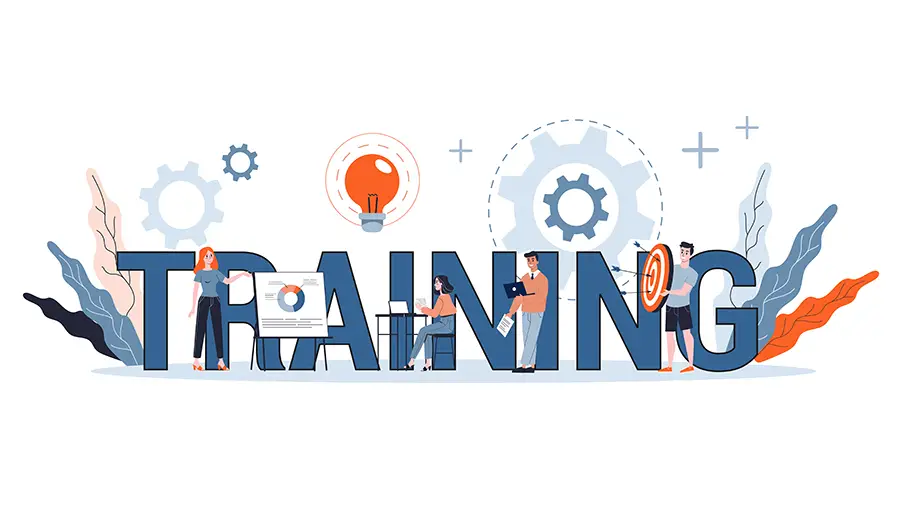
These requirements are in place to ensure that the person cleaning your kitchen hoods is knowledgeable about industry standards and best practices for maintaining a safe and healthy environment.
Some of the required skills for certification include knowledge of different types of hood systems, understanding how to properly clean them, familiarity with various cleaning chemicals and equipment used in the process, as well as an understanding of safety protocols.
Training programs typically cover these topics extensively through classroom instruction followed by hands-on experience under supervision. Certification bodies may also require continuing education courses or periodic re-certification to ensure that cleaners stay up-to-date on new technologies or changes in regulations.
Non-Certified Hood Cleaning Risks
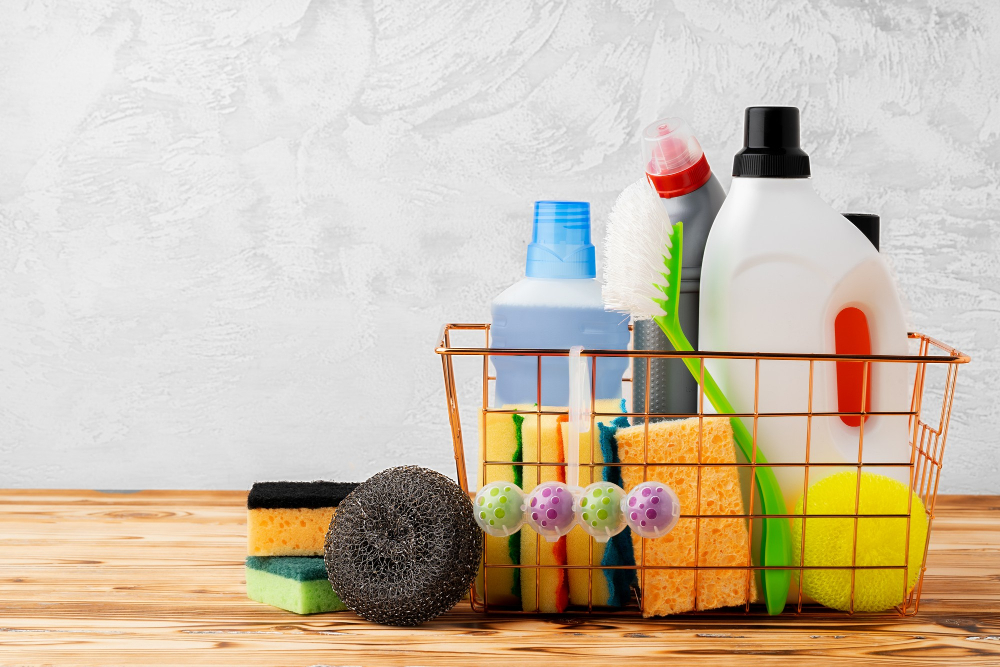
Without proper training, equipment, and knowledge of industry standards, uncertified cleaners may not be able to effectively remove grease buildup from the hood system. This can lead to a higher risk of fire hazards due to flammable grease deposits in the exhaust system.
Moreover, non-certified cleaners may use harmful chemicals that can damage your kitchen’s ventilation system or contaminate food preparation areas. They might also overlook critical components during cleaning such as fans or ducts leading up through the roof which could cause serious problems down the line.
Hiring an uncertified cleaner puts you at risk for legal liability if something goes wrong during their service visit. In case of any accidents caused by unprofessional workmanship or negligence on their part – you will be held responsible for damages incurred by third parties like employees or customers who were affected by it.
Risks of Uncertified Hood Cleaners
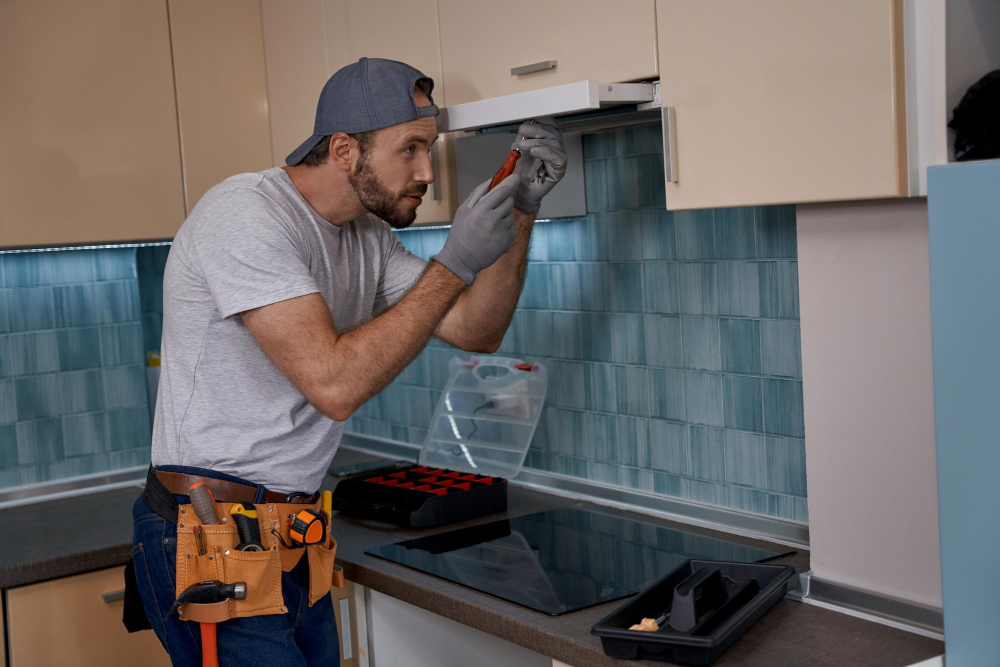
Without proper training, non-certified cleaners may not have the necessary skills or knowledge to effectively clean your hood system. This could result in a buildup of grease and other harmful particles that can lead to fires, health hazards, and even legal issues.
Uncertified cleaners may use improper cleaning techniques or equipment that could damage your hood system or leave it vulnerable to future problems. They may also fail to properly dispose of hazardous materials like grease and chemicals.
In addition to these risks, hiring an uncertified cleaner could also result in costly repairs if something goes wrong during the cleaning process.
Legal Implications of Non-Certified Hood Cleaners
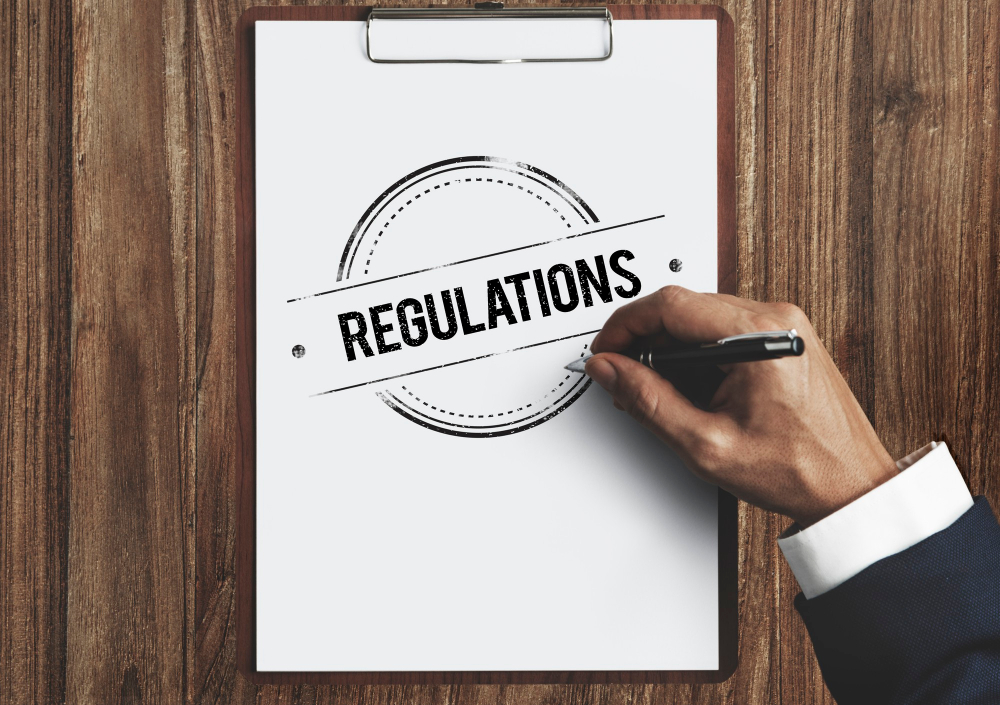
In many jurisdictions, kitchen hoods are subject to strict regulations and codes that require regular cleaning by certified professionals. Failure to comply with these regulations can result in fines or even the closure of your restaurant.
If a fire were to occur due to improper cleaning by a non-certified cleaner, you could be held liable for damages and injuries sustained as a result of the fire. This is why it’s crucially important for restaurant owners and managers alike only hire certified hood cleaners who understand industry standards and best practices.
Benefits of Hiring a Certified Cleaner
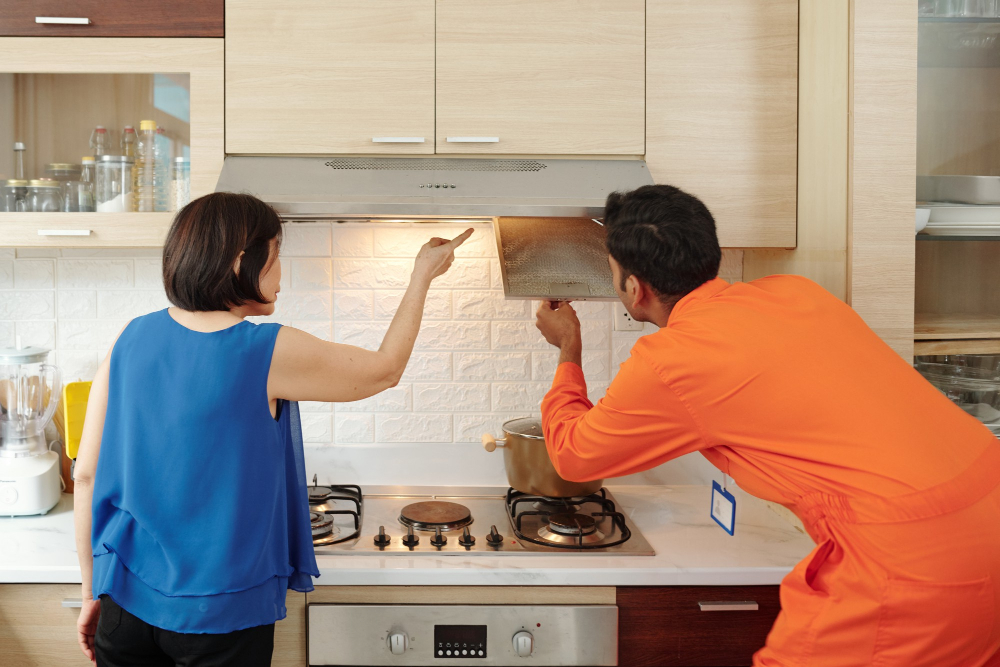
Firstly, it ensures that the cleaning is done to industry standards, which helps maintain a safe and healthy kitchen environment. Certified cleaners have undergone rigorous training on how to clean hoods properly, ensuring that all grease buildup is removed from the system.
Secondly, hiring a certified cleaner can help you avoid legal issues related to non-compliance with safety regulations. In many states or regions around the world, there are strict laws governing commercial kitchen cleanliness and ventilation systems’ maintenance requirements.
Thirdly, hiring a certified professional gives you peace of mind knowing that your hood system will be cleaned correctly without causing any damage or harm in your establishment’s operations.
Certified Vs Non-Certified Hood Cleaners

The truth is that there are many non-certified hood cleaners out there who claim to offer quality services at lower prices than certified professionals. However, choosing a non-certified cleaner can put your kitchen and staff at risk.
Certification ensures that the person performing the cleaning has received proper training and understands how to safely clean your kitchen hoods without causing damage or creating hazards. Certified cleaners also follow industry standards for safety and sanitation, which helps protect against fires caused by grease buildup in the exhaust system.
On the other hand, non-certified cleaners may lack knowledge of proper techniques for removing grease from hard-to-reach areas of your exhaust system or using safe chemicals during cleaning processes. This could lead to incomplete cleanings that leave behind dangerous residue in your ductwork.
While it’s true that certified hood cleaners may charge more than their uncertified counterparts due to their expertise and adherence with industry standards; however investing in professional services will save you money on costly repairs down-the-line as well as ensure compliance with local fire codes & insurance requirements.
Selecting a Certified Professional

First and foremost, you’ll want to ensure that the company or individual you choose is properly certified by a reputable organization. Look for certifications from organizations such as the International Kitchen Exhaust Cleaning Association (IKECA) or the National Fire Protection Association (NFPA).
These organizations have strict standards and requirements that must be met in order to become certified.
In addition to certification, it’s important to look for experience and expertise in kitchen hood cleaning. Ask about their training process and how long they’ve been in business.
A good rule of thumb is to select a company with at least five years of experience.
Another consideration when selecting a professional cleaner is their availability and flexibility with scheduling appointments around your restaurant’s operating hours. You don’t want them disrupting service during peak times!
Make sure you get quotes from multiple companies before making your final decision so that you can compare pricing along with other factors like reputation, customer reviews, etc.
Tips for Selecting a Certified Hood Cleaning Service
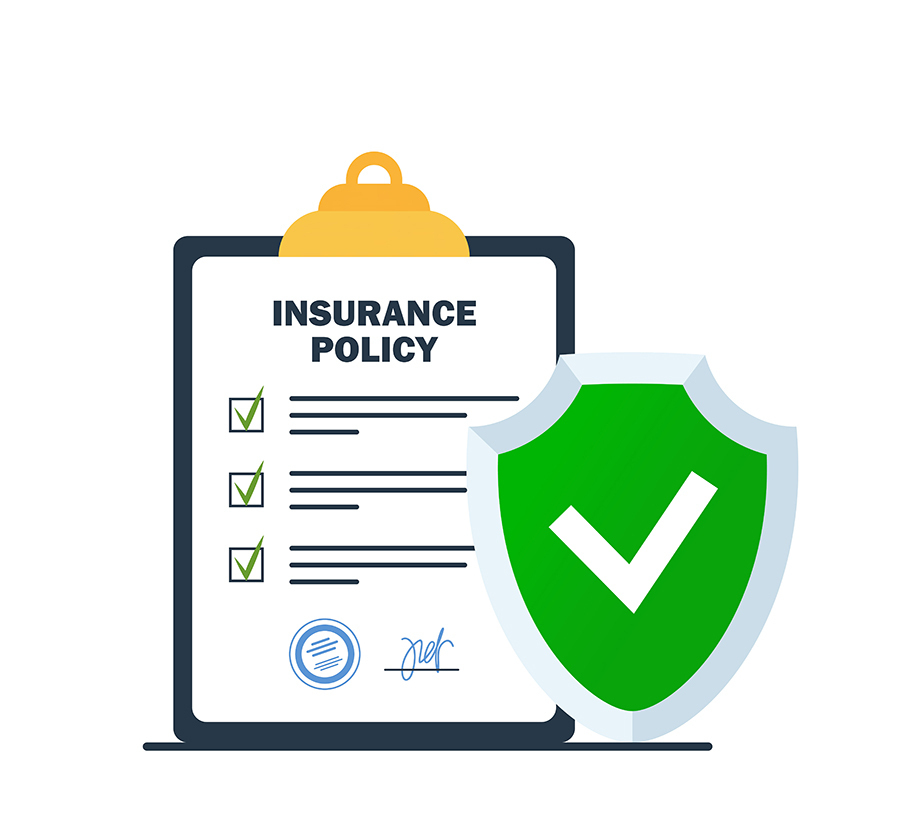
First and foremost, you’ll want to ensure that the company is properly certified by a reputable organization such as the International Kitchen Exhaust Cleaning Association (IKECA) or the National Fire Protection Association (NFPA). You can verify their certification status by checking with these organizations directly.
You should look for companies that have experience working with your specific type of kitchen hood system. Different types of hoods require different cleaning methods and techniques, so it’s important to find a company that has expertise in your particular setup.
Another important consideration is insurance coverage. Make sure any potential service provider carries liability insurance and workers’ compensation insurance in case of accidents or damages during the cleaning process.
Don’t be afraid to ask for references from past clients or read online reviews before making your decision.
Responsibilities of a Certified Hood Cleaner
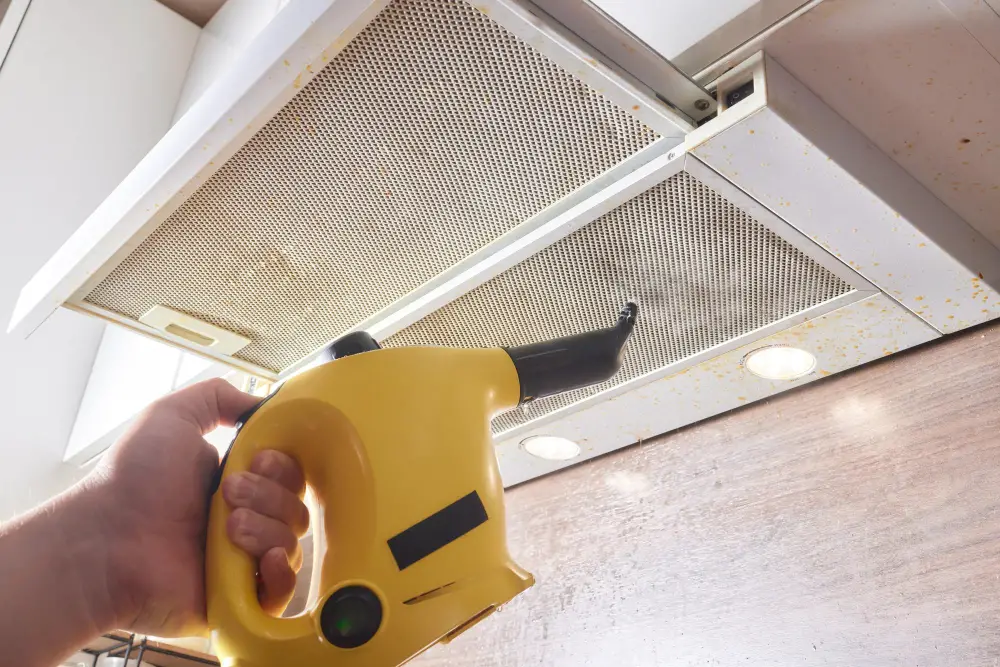
They must follow industry standards, regulations, and guidelines set by certification bodies such as IKECA (International Kitchen Exhaust Cleaning Association) or NFPA (National Fire Protection Association). The responsibilities of a certified hood cleaner include inspecting the entire kitchen exhaust system for any damage or defects before starting work.
They should also use appropriate equipment to protect themselves from hazardous chemicals during cleaning.
During cleaning, they must remove all grease buildup from the ductwork, fan blades, filters and other components of the kitchen exhaust system using specialized tools like scrapers and pressure washers. After completing their work on-site they need to provide detailed reports with photos documenting their findings before-and-after cleaning.
Certified cleaners are responsible for ensuring that your commercial kitchens meet safety standards while reducing fire hazards caused by grease accumulation in hoods over time.
Understanding the Hood Cleaning Process
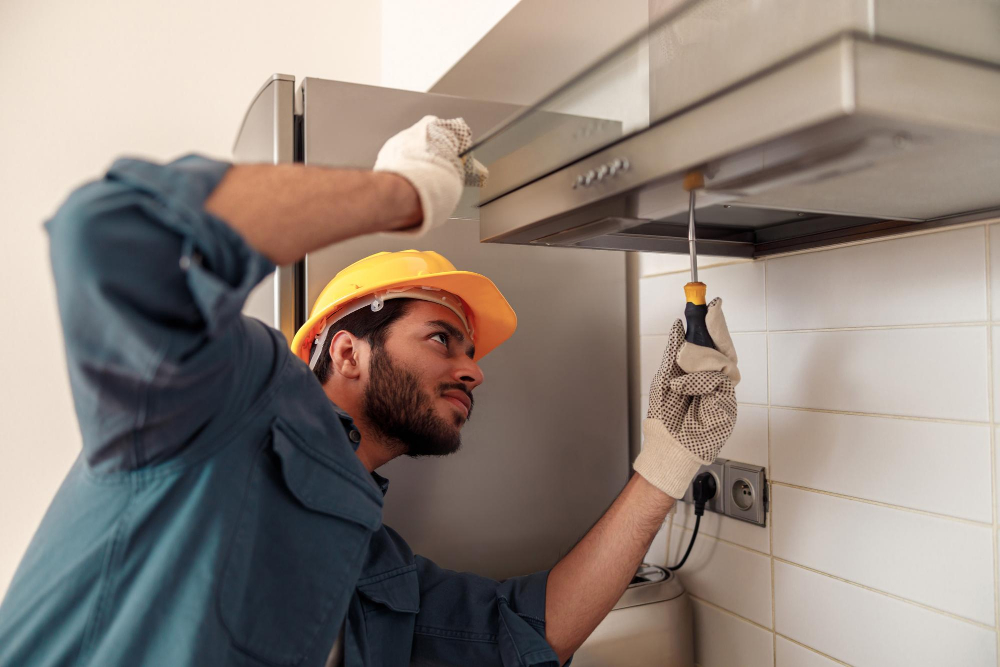
It requires specialized knowledge, skills, and equipment to ensure that all grease and other contaminants are removed from the system. A certified hood cleaner will follow specific steps to clean your kitchen’s exhaust system thoroughly.
The cleaning process typically involves removing access panels or ductwork sections to gain access to all areas of the hood system. The technician will then use scrapers, brushes, and pressure washers (with hot water) along with degreasers or other cleaning agents specifically designed for commercial kitchens.
Afterward, they’ll reassemble everything back together before testing it out by running smoke tests or checking airflow levels through various parts of your ventilation setup.
It’s important that you understand what goes into this process so you can make informed decisions about who should be responsible for maintaining your kitchen hoods’ cleanliness standards.
DIY Vs. Professional Hood Cleaning
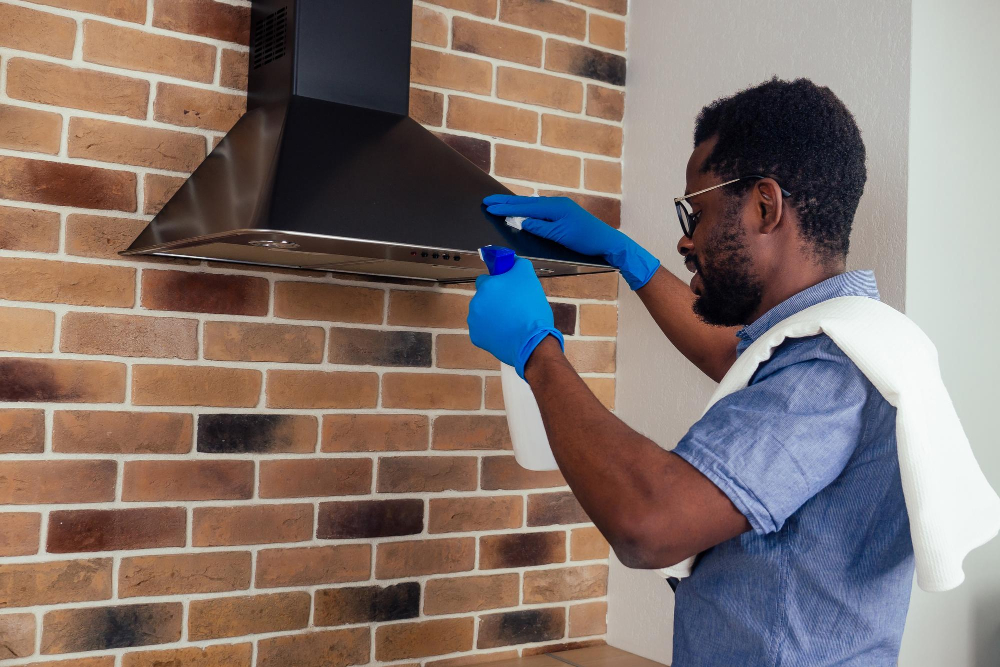
While DIY hood cleaning may seem like a cost-effective solution, it’s important to consider the risks involved. Without proper training and equipment, you could end up damaging your hood system or even causing a fire hazard.
Professional hood cleaners are trained in industry standards for safety and cleanliness. They have access to specialized tools and chemicals that are designed specifically for commercial kitchen environments.
Professional cleaners will be able to identify any potential issues with your hood system before they become major problems.
While hiring a professional cleaner may come at an additional cost compared to DIY methods, the benefits of having a certified expert handle this critical task far outweigh any savings from attempting it yourself.
Tips for Maintaining Clean Kitchen Hoods
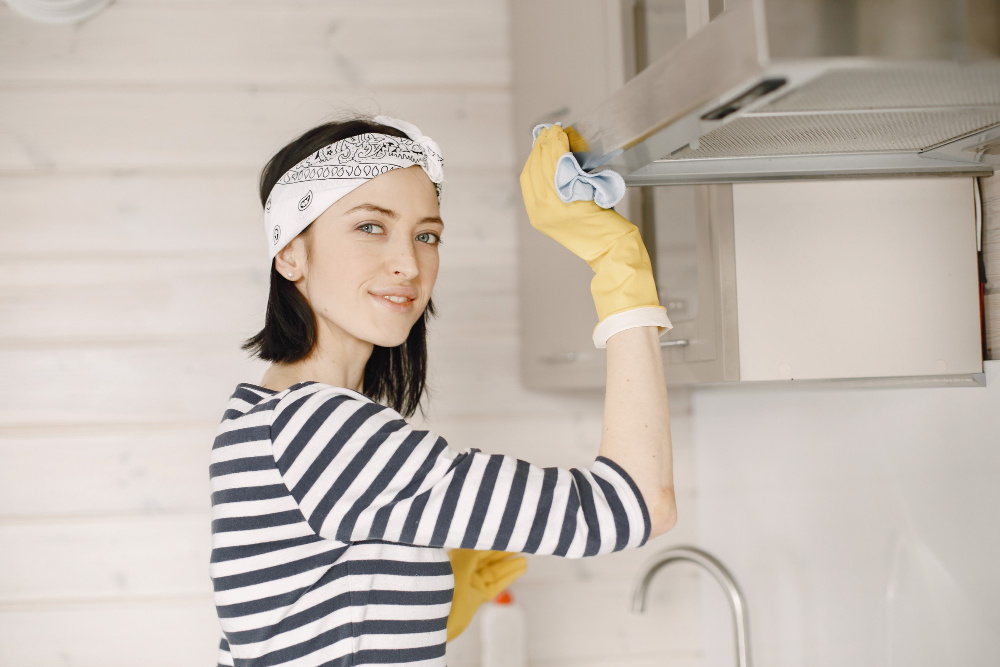
Here are some tips to help you keep your hood system in top condition:
1. Schedule regular cleaning: Regular cleaning helps prevent grease buildup, which can lead to fire hazards.
2. Use proper equipment: Make sure you have the right tools and chemicals for effective hood cleaning.
3. Train staff on maintenance: Educate your staff on how to properly maintain the hood system between professional cleanings.
4. Inspect regularly: Check for any signs of damage or wear and tear that may require repairs or replacement parts.
5. Keep records: Maintain a record of all inspections, cleanings, and repairs performed on your kitchen hoods as proof of compliance with industry standards.
Common Hood Cleaning Misconceptions
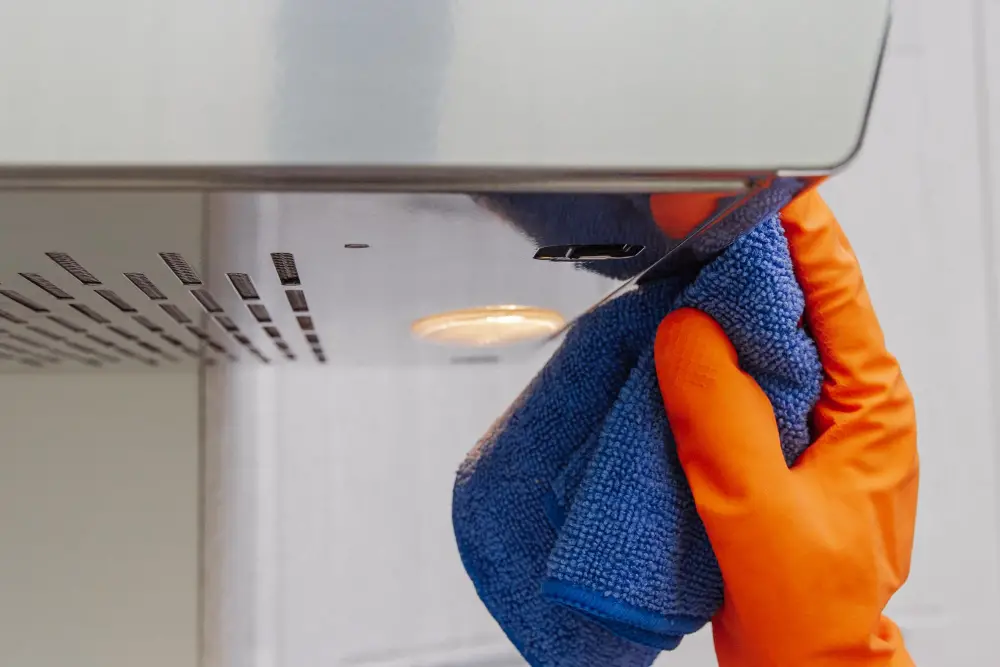
One of the most common misconceptions is that anyone can clean a kitchen hood, regardless of their training or experience. This is simply not true.
Another misconception is that cleaning a kitchen hood only involves wiping down the visible surfaces. In reality, proper hood cleaning requires disassembling and thoroughly cleaning all components of the system, including ductwork and fans.
Some people also believe that they can save money by hiring non-certified cleaners or attempting to clean their hoods themselves. However, this approach often leads to incomplete or inadequate cleaning which puts your restaurant at risk for fires and health code violations.
It’s important to understand these common misconceptions so you can make informed decisions about how best to maintain your commercial kitchen’s safety and compliance with industry standards.
FAQ
What are the NFPA 96 hood cleaning requirements?
The NFPA 96 hood cleaning requirements state that hoods, grease removal devices, fans, ducts, and other appurtenances must be cleaned to remove combustible contaminants before surfaces become heavily contaminated with grease or oily sludge.
What is the NFPA standard for hood cleaning?
The NFPA standard for hood cleaning is NFPA 96, which focuses on ventilation control and fire protection of commercial cooking operations, and regulates the installation and maintenance of grease and hood filters.
Do you need to be certified to clean kitchen hoods in California?
Yes, you need to be a certified entity to clean kitchen hoods in California.
What are the requirements for a kitchen hood?
A kitchen hood must be installed at least 18 inches away from combustibles and made of steel with a minimum thickness of 0.0466 inches or stainless steel with a minimum thickness of 0.0335 inches.
What are the differences between various kitchen hood cleaning certifications?
The differences between various kitchen hood cleaning certifications include the specific standards, guidelines, and training requirements set by the certifying organizations.
How often should a kitchen hood be cleaned according to local regulations?
According to local regulations, a kitchen hood should be cleaned at least every six months.
What are the important safety precautions to take while cleaning kitchen hoods?
Important safety precautions to take while cleaning kitchen hoods include disconnecting power, wearing protective equipment, and using appropriate cleaning agents.
